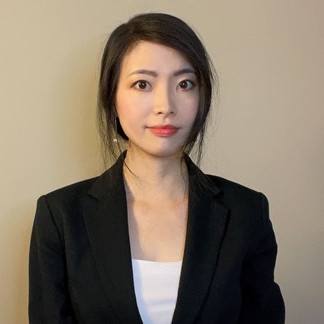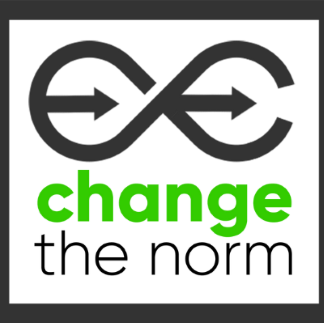Hello! My name is Dan Li, or you can call me Belinda. I’m currently a 3rd year PhD in education and my research interests are […]
Category: Researcher Development
Why everyone should do the Bystander Training
Bystander training equips you to become an active bystander, to skilfully and safely intervene in any potentially harmful situations that you witness on or off […]
Little blocks of magic with LEGO® SERIOUS PLAY®
Sam Pulman is a Postgraduate Researcher in the School of Education and a trained facilitator of LEGO® SERIOUS PLAY® method and materials Many people ask […]
Why we will continue to Shut Up and Write
Many of you will have seen on Twitter that we have reached the end of out University of Exeter Alumni Annual Funded Supporting PGR Writing […]
Exploring the Key Components of Public Engagement
Megan Maunder is a third year PhD student in Mathematics, CEMPS at the University of Exeter. She is the beneficiary of an STFC studentship for […]
How to survive a viva: new online resources coming soon
Edward Mills (@edward_mills) is a Postdoctoral Research Associate in the Department of Modern Languages and Cultures, working on the AHRC-funded ‘Learning French in Medieval England’ […]
Writing non-academic job applications
This post is written by Cate Bennett, Researcher Development Manager (ECRs) and is part of our new PGR Career Planning Guide. Just like your CV […]
Getting started with your research degree
As part of our Induction for new postgraduate researchers we ran a question and answer panel on Getting started with your research degree. It was […]
The ever-elusive PhD work-life balance
Gemma Delafield is a third year PhD student at the University of Exeter’s Land, Environment, Economics and Policy Institute. Her research focuses on determining where […]
Benefits of the ‘Researcher Development Programme’ – an ECR perspective
Marco Palomino is currently a Senior Lecturer in ‘Information Systems and Big Data’ at the School of Computing, Electronics and Mathematics at the University of […]



